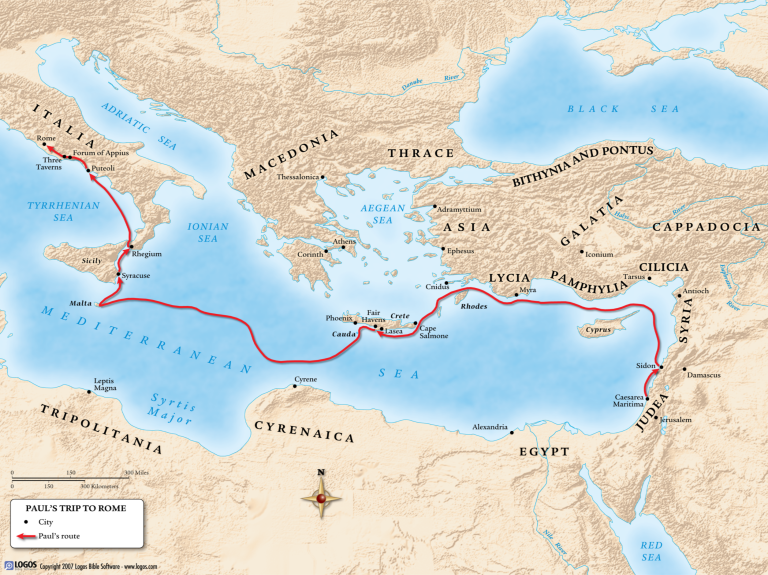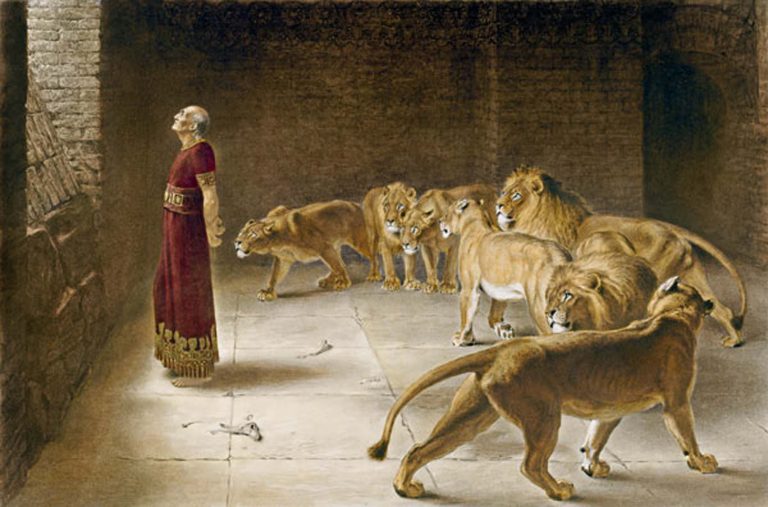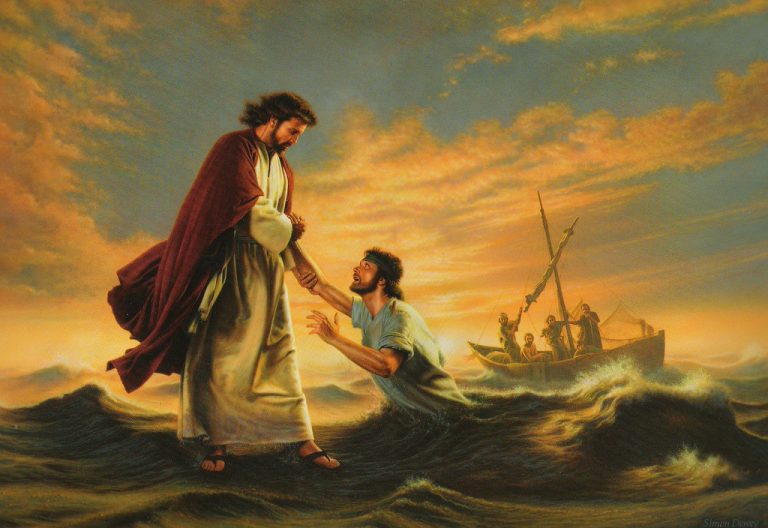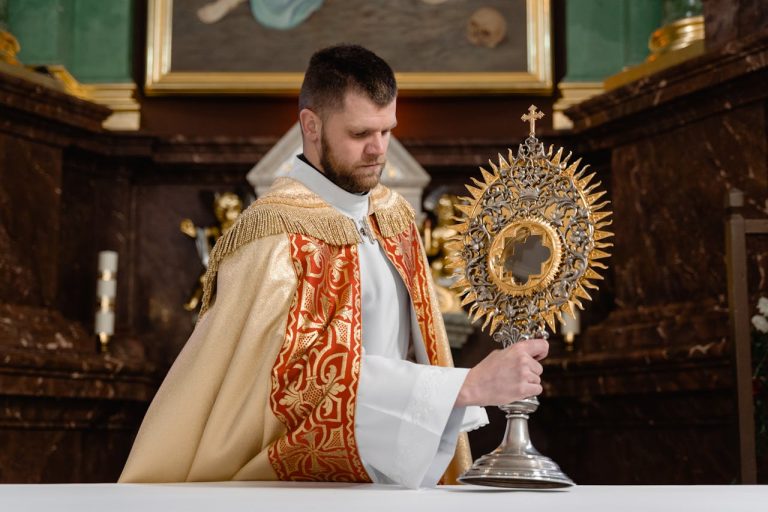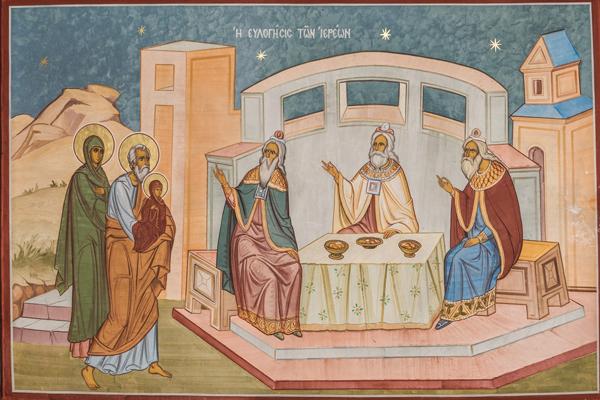Before Jesus, a variety of Babylonian systems ruled most of the world. Tiny cells within the body of Europe did maintain the ancient prophecies and commandments provided by God. Those who heeded His instructions were in a minority, often outnumbered within their own communities.
Aside from small groups of Jews, sprinkled like salt across the known world, Greek, Roman, Egyptian, Persian, Syrian, Scythian and all other nations had governments operating on Babylonian principles. The smartest took control, whether by birth or vote, and set up self-serving systems.
Successful governments propped themselves up with various myths. Powerful, god-like ancestors were claimed or invented. Oral history from bards and written records from scribes combined ancient stories of superiority with modern embellishments. They were passed on to increase the identity of people and rulers. Economic, educational, and organizational systems gave various property distribution schemes some justification and stability. Armed forces, internals and external, kept control. Religion, literature, entertainment, and education produced a praise of government that took over the intellectual life.
Before The Only Church Jesus Founded gained momentumm, those who recognized the rational errors in their governments either kept quiet, got involved in revolts to exploit weaknesses, or thought and talked their way to death.
Socrates saw such flaws. He talked about them. He had to die. He drank the hemlock in 399 BC.
After The Only Church Jesus Founded established its support systems, people who recognized the flaws and falsehoods that supported their governments had a higher place to go, with greater opportunities made available in new knowledge about The World Beyond. Convents, monasteries, the priesthood, and religious service absorbed many who would have made trouble by exposing what was wrong.
If Socrates had been born after The Only Church Jesus Founded had been established, he could have been a prayerful monk, a holy priest, a Doctor of The Church.
But, in the sad BC years, there was no Jesus, and no Church. There were only vain, selfish men, hacking their way to power and smart enough to see the threat of unbridled intelligence could erode the foundations of their system.
The answer to “Why did Socrates have to die?” is this sad fact: “There was no Catholic Church to direct his intellect to the service of God and man.”




